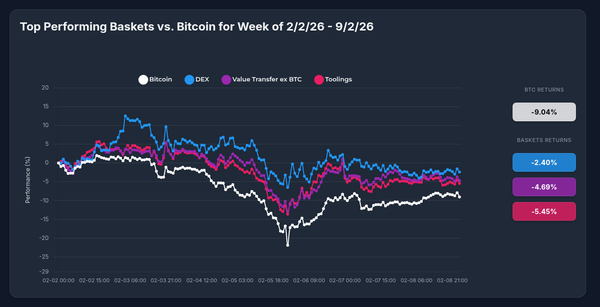Liquidity Surge Meets Crypto Adoption: Why 2025's Economic Landscape Favors Digital Assets

Central Thesis: Unprecedented global fiscal expansion and rising institutional crypto adoption create a convergent bullish environment for digital assets through Q3-Q4 2025.
Macroeconomic Liquidity Analysis
United States: Deficit-Driven Liquidity Injection
- Record Deficit Spending: 12-month rolling deficit reached $2.1 trillion (7.3% of GDP) as of January 2025, $105 billion higher than previous year
- Interest Rate Pause Fueling Liquidity: Federal funds rate held at 4.25-4.5% through July 2025, with higher government debt service payments injecting approximately $800+ billion annually into private sector deposits
- Bank Credit Expansion: Total bank credit hit record $18.28 trillion in April 2025, with commercial loans growing 7.2% and residential mortgages expanding 2.8% year-over-year
- Liquidity Mechanism: Higher interest rates paradoxically increase private sector liquidity through government debt service payments exceeding any contractionary effects
China: Aggressive Fiscal Stimulus
- Deficit Explosion: True consolidated deficit reaches 9.61% of GDP (vs. 4% official), marking all-time high fiscal expansion
- Local Government Bond Surge: Special bond quota increased to RMB 4.4 trillion ($606 billion) in 2025, up from RMB 3.9 trillion in 2024
- Debt Ceiling Raised: Official deficit-to-GDP ceiling increased from 3% to 4% for first time, signaling sustained expansionary policy
Eurozone: Constrained But Growing
- Deficit Persistence: Euro area deficit projected at 3.3% of GDP through 2027, well above pre-pandemic 0.5%
- Spending Pressure: Rising expenditures from demographics, climate transition, and defense needs reaching 4.4% of GDP annually by 2050
- Fiscal Support: Despite new EU fiscal rules, continued deficit spending maintains liquidity flows
Bitcoin and Crypto Adoption Developments
Institutional Momentum Accelerates
- Historic Accumulation Phase: Retail and institutional demand outpacing Bitcoin mining output by 44% in Q2 2025
- ETF Dominance: BlackRock's IBIT manages $77 billion in assets, becoming major institutional gateway
- Corporate Treasury Adoption: Companies like MicroStrategy continue adding Bitcoin as treasury reserve asset
- Mid-Tier Institution Growth: Holdings in 100-1,000 BTC range expanding, indicating broad institutional adoption
Regulatory Breakthrough Week
- U.S. Legislative Push: House Financial Services Committee advanced "Financial Innovation and Technology for the 21st Century Act" in July 2025
- Stablecoin Clarity: New legislation defines SEC/CFTC boundaries and stablecoin regulatory framework
- State-Level Adoption: Texas becomes third state to approve Bitcoin treasury reserves
- Compliance Relief: IRS delays crypto broker reporting requirements until 2027
Market Implications & Investment Thesis
The Liquidity-Crypto Convergence
- Supply Shortage: Combined institutional demand and retail accumulation creating Bitcoin supply deficit
- Liquidity Timing: Peak government spending and debt service payments coincide with regulatory clarity improvements
- Risk Asset Rotation: Excess liquidity from fiscal deficits flowing into alternative assets as traditional markets reach saturation
Key Catalysts Through Q4 2025
- Continued Federal Reserve pause maintaining high debt service payments
- China's record fiscal stimulus increasing global liquidity
- Regulatory framework completion reducing institutional adoption barriers
- Corporate treasury allocation trend accelerating
Investment Recommendation
Direction: The convergence of record global fiscal expansion with accelerating institutional crypto adoption creates favorable conditions for digital asset appreciation through Q4 2025.
Key Factors: Monitor U.S. deficit spending levels, Chinese local government bond issuance, and institutional ETF flows as primary liquidity indicators. Regulatory developments provide additional upside catalyst.
Risk Management: Watch for unexpected fiscal consolidation or Federal Reserve policy shifts that could reduce liquidity flows to private sector.





